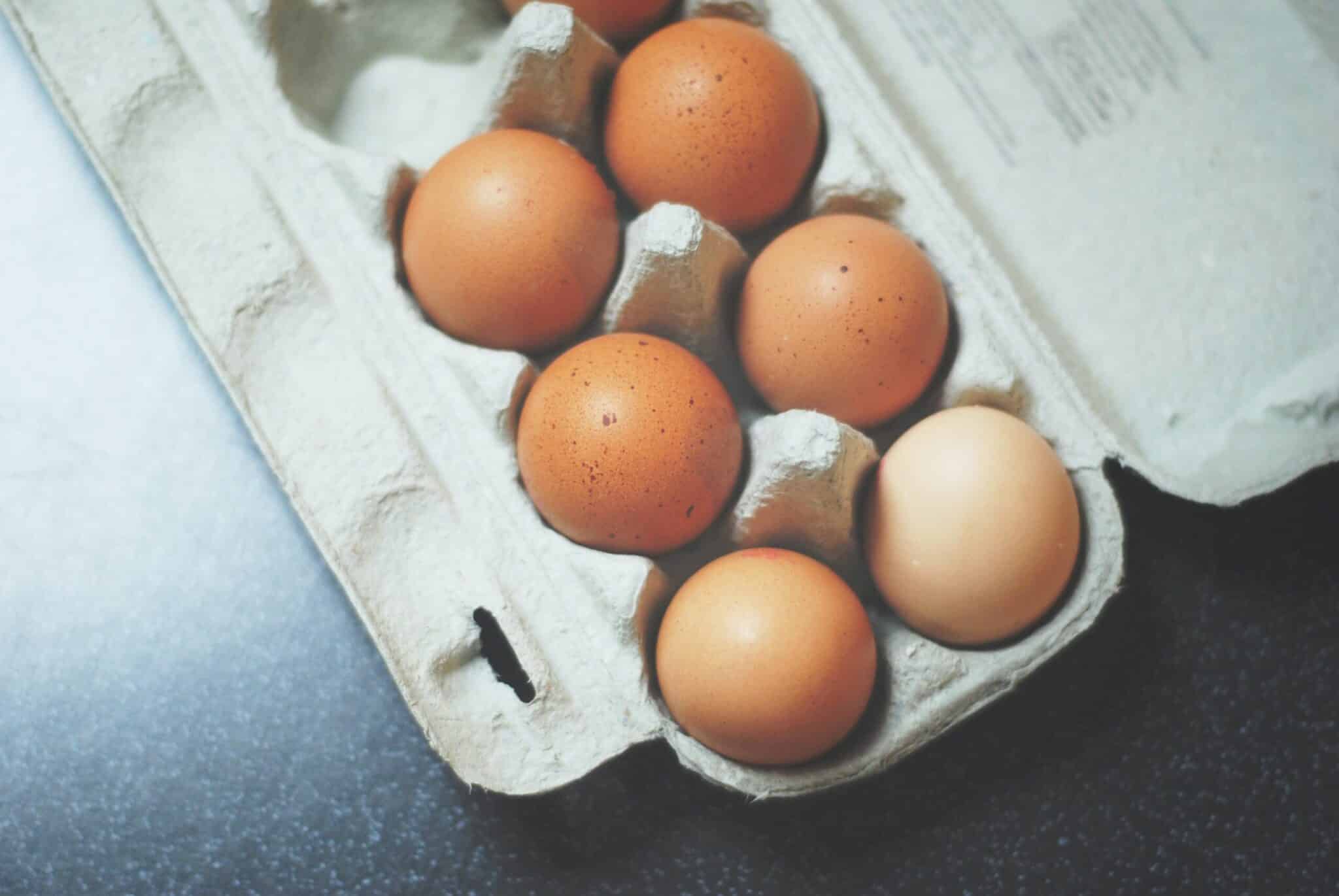Understanding the relationship between the cholesterol we consume through our diet and the cholesterol found in our bloodstream is crucial for making informed dietary choices. While these two forms of cholesterol are related, they are not the same.
Dietary Cholesterol: This type of cholesterol is present in the foods we eat. It’s found in animal-based products, such as meat, eggs, and dairy. Unlike other nutrients, dietary cholesterol is unique because our body also produces cholesterol, an essential substance for various bodily functions.
Blood Cholesterol: When we talk about blood cholesterol, we’re referring to something different. Blood cholesterol includes two types: High-Density Lipoprotein (HDL) and Low-Density Lipoprotein (LDL). HDL is often labeled as “good” cholesterol because it helps remove other forms of cholesterol from your bloodstream. Conversely, LDL is known as “bad” cholesterol, as high levels of it can lead to plaque buildup in your arteries. This buildup restricts blood flow and can lead to severe health issues like heart attacks or strokes.
The relationship between what we eat and our blood cholesterol levels is complex. Although a diet rich in saturated fats can lead to an increase in LDL cholesterol, the direct impact of dietary cholesterol on blood cholesterol levels is less straightforward. It’s a common misconception that eating foods high in cholesterol will automatically raise your blood cholesterol. However, the truth is more complex.
Impact of diet on blood cholesterol
For most people, dietary cholesterol intake has only a minor impact on their blood cholesterol levels, as the body adjusts its own cholesterol production in response to what it absorbs from food. However, this is not true for everyone. Certain individuals, known as ‘hyper-responders,’ can see significant increases in blood cholesterol when consuming high amounts of dietary cholesterol. Interestingly, research, including a study by Hunninghake et al., has shown that even strict diets like the American Heart Association’s Step 2 diet, which focus on low saturated fat and low cholesterol, result in only minimal reductions in serum cholesterol. This diet led to a mere 5% decrease in ‘bad’ LDL cholesterol and an unexpected 6% drop in ‘good’ HDL cholesterol, leaving overall cholesterol ratios largely unchanged. These findings highlight the challenges in effectively managing cholesterol through diet alone, especially considering that the significant cholesterol reductions (up to 15%) seen in controlled settings are difficult to achieve in everyday life.1,2
It’s also important to note that not all cholesterol-rich foods are created equal. Foods high in saturated and trans fats can have a more pronounced effect on raising LDL cholesterol levels compared to foods that contain cholesterol but are low in these fats. This highlights the need to focus on the type of fats consumed rather than cholesterol alone.
Summary
In summary, while dietary cholesterol contributes to the cholesterol pool in the body, its impact on blood cholesterol levels and heart health is influenced by various factors, including individual differences in metabolism, the overall dietary pattern, and the presence of other nutrients in the diet.
References
- Howell, W. H., McNamara, D. J., Tosca, M. A., Smith, B. T., & Gaines, J. A. (1997). Plasma lipid and lipoprotein responses to dietary fat and cholesterol: a meta-analysis. The American journal of clinical nutrition, 65(6), 1747–1764. https://doi.org/10.1093/ajcn/65.6.1747 ↩︎
- Hunninghake DB, Stein EA, Dujovne CA, Harris WS, Feldman EB, Miller VT, Tobert JA, Laskarzewski PM, Quiter E, Held J, et al. The efficacy of intensive dietary therapy alone or combined with lovastatin in outpatients with hypercholesterolemia. N Engl J Med. 1993 Apr 29;328(17):1213-9. doi: 10.1056/NEJM199304293281701. PMID: 8464431. ↩︎

